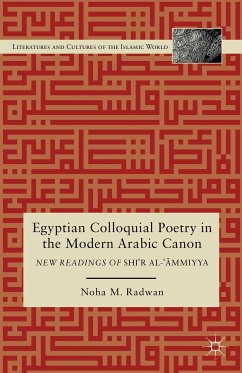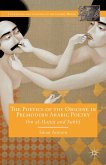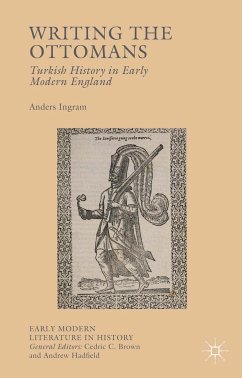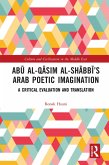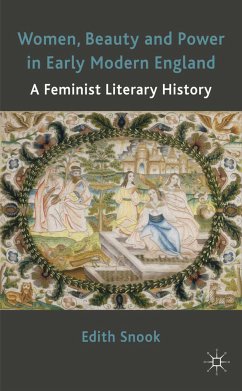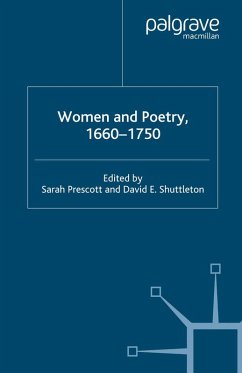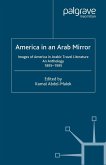Dieser Download kann aus rechtlichen Gründen nur mit Rechnungsadresse in A, B, BG, CY, CZ, D, DK, EW, E, FIN, F, GR, HR, H, IRL, I, LT, L, LR, M, NL, PL, P, R, S, SLO, SK ausgeliefert werden.
'This astute study of the emergence of modernist poetry in the Egyptian vernacular treats an important but neglected area of Arabic expressive culture. Considering issues of language use and language politics, and intersections of political culture and literary expression, Radwan offers sensitive readings of three leading vernacular poets who paved the way for today's explosion of colloquial poetry in Egypt and elsewhere.' Marilyn Booth, Iraq Chair of Arabic and Islamic Studies, The University of Edinburgh

